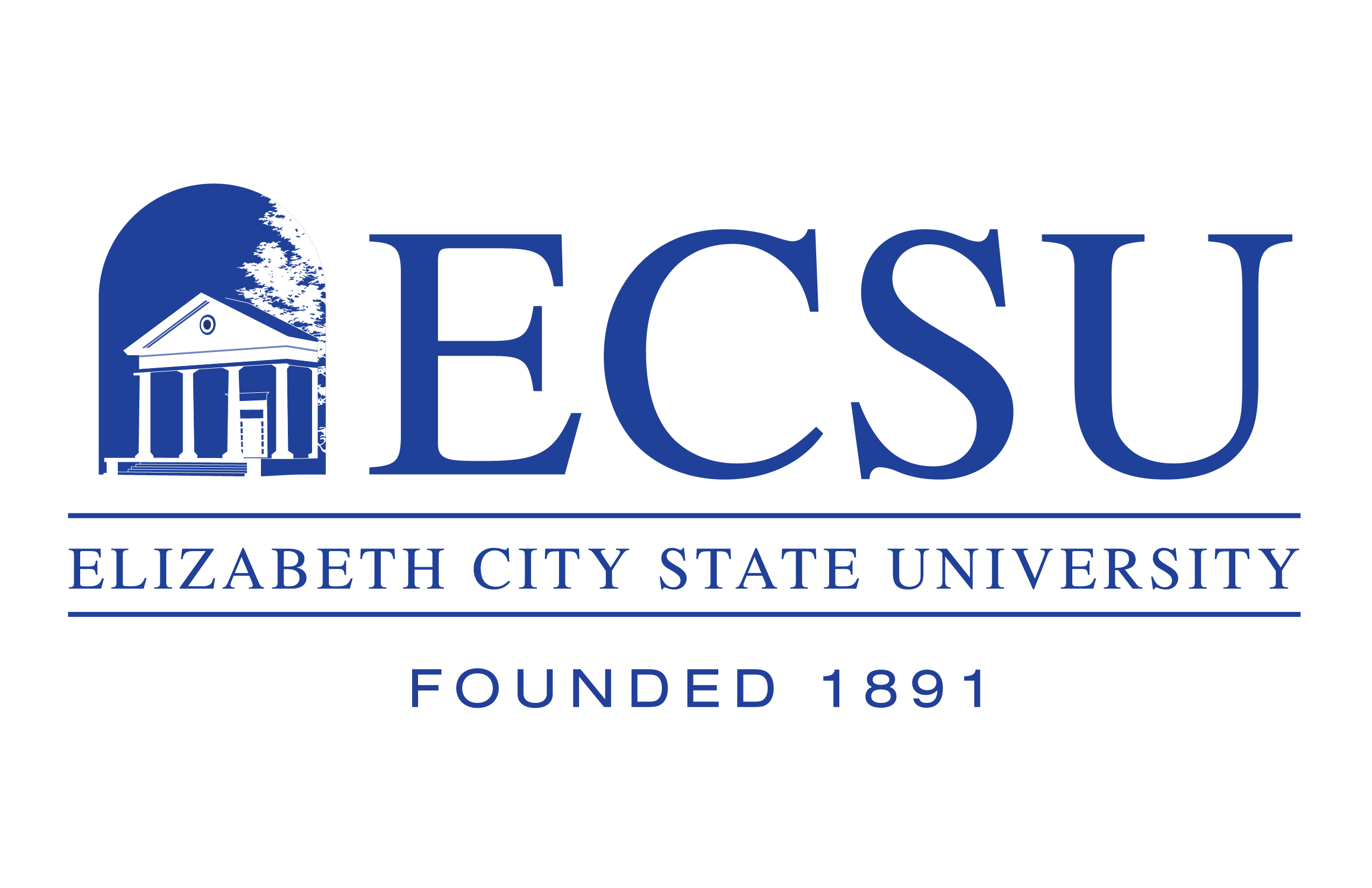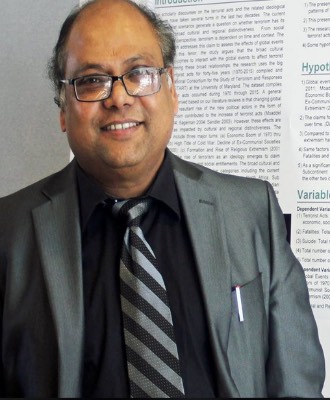Elizabeth City, N.C. — A team of professors at Elizabeth City State University (ECSU) has received a $400,000 grant from the National Science Foundation (NSF) to integrate Python programming into the curriculum and enhance social sciences education.
Awarded to ECSU faculty members Shyamal Das, professor of homeland security and sociology; Malcolm Dcosta, associate professor of mathematics and computer science; and Dorothy Kersha-Aerga, professor of criminal justice; ECSU will use the grant to fund the project titled “Targeted Infusion Project: Integrating Python Enhanced Basic Computing Skills into the Research and Educational Activities for Social Sciences.” Das will serve as the principal investigator for the project.
Supported through NSF’s Historically Black Colleges and Universities Undergraduate Program (HBCU-UP), the initiative seeks to increase critical thinking, boost STEM readiness, and improve recruitment and retention among social science majors by embedding programming skills highly valued in the job market.
“This is a market-based society,” said Das. “Students get into majors based on the market. It is not the lack of interest in the subject; it’s the market. If you have IT skills, they will be able to use them in their careers.”
Through the grant, ECSU can propose a new minor in social computing or social data analytics, equipping students with foundational skills for data analysis and increasing their competitiveness in a constantly evolving workforce. The project also targets underrepresented groups in STEM, aiming to make social sciences more inclusive by introducing data science tools that are accessible and relevant.
Das emphasized the initiative’s potential impact on job prospects. “I always argue that if you look at the forecast for future jobs, it is in the IT sector. They have a huge lack for gaining people. From our side, minority students and people of color—and gender, when it comes to women—are underrepresented in those fields. This is the reason I felt like students should have it. They can add this skill as capital, which they can utilize in the job market.”
In the execution of the project, ECSU will use the grant money to purchase approximately 30 or 40 laptops for students to use for instruction in data analysis, to help build another high-functioning lab setting, and for stipends to train students and faculty members.
Being in the higher education environment and social sciences field since 1992, Das remarks on some of the main challenges social sciences and humanities students face.
“Unfortunately, students in these areas are unprepared for technical computational things. I have the proof that if students are guided well, they can be successful,” said Das.
According to Das’ personal education philosophy, encouragement motivates students to do difficult things.
“The thing is, sometimes we undermine them. If we don’t undermine them, they will learn. Sometimes, we think our social sciences students are not good at math. This is not true. The problem is the way we train them,” said Das. “If you can make the learning pleasant, they will like it. If you present it as if it’s the hardest thing, they won’t be able to do it. This is the relationship between your cognitive mind and what you are told about yourself.”
By bridging the social sciences and technology gap, ECSU’s program aims to empower its students with skills that support upward social mobility and access to higher-paying STEM careers. The grant aligns with ECSU’s mission to prepare students for success in a diverse, data-driven workforce and is expected to increase student engagement and retention across social science programs.
For more information about the continued research efforts of this team of professors, visit ECSU’s Department of Social Sciences.

